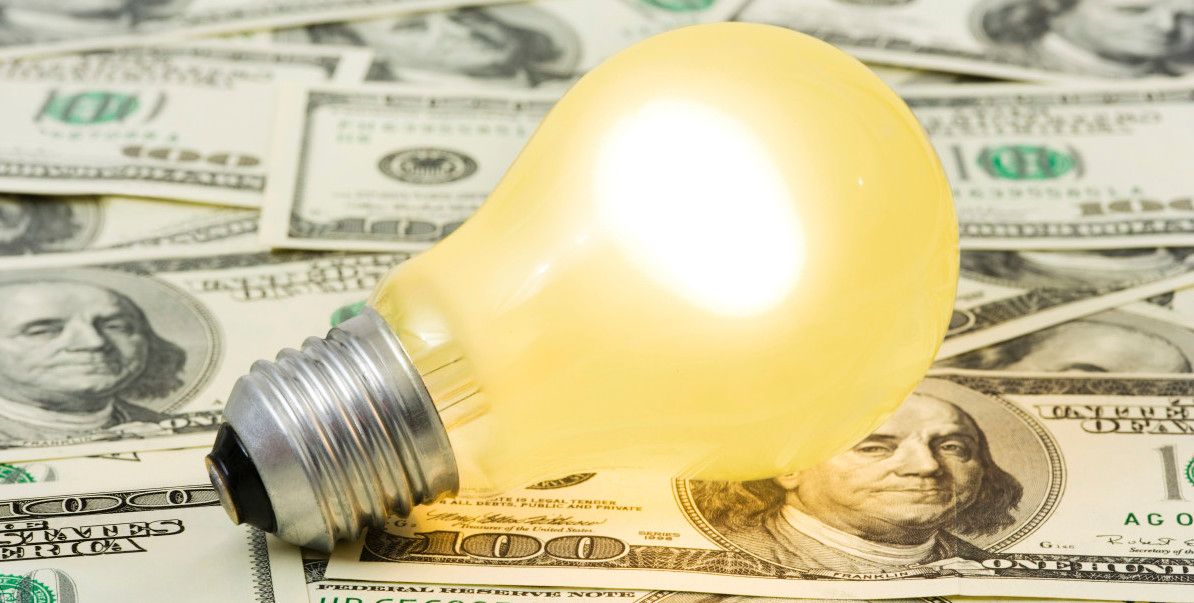A different outlook on the economic downturn ….
With the recent economic downturn, the world is changing. More and more people are waking up to the new reality that they don’t understand the fundamentals of the new economy. What drives share price? What has changed? What makes up share price? Over the last twenty years, we have seen the decrea

With the recent economic downturn, the world is changing. More and more people are waking up to the new reality that they don't understand the fundamentals of the new economy.
What drives share price? What has changed?
What makes up share price? Over the last twenty years, we have seen the decreasing role of book value (machinery, buildings, etc.) on the overall market value for public companies. What is replacing book value is the value attributed to intangibles (ideas, innovations, management teams, etc.) In 1978, market value for US public companies was 95% of the book value. Twenty years later, book value was just 28% of market value while 82% was made up of intangibles.
Not all intangibles are equal. I would argue that intangibles that don't ultimately create value (e.g. the skill to create complex financial instruments such as re-packaging mortgages did not create any value) should be valued at or near zero. Investors believed in the value of these intangibles to later find out that there wasn't any real value being created. What was missing was increased transparency of the value attributed to the intangibles.
So is there a bright spot in this economic downturn?
One look at intangibles tied to innovation is the the Innovation Index(1), a weighted stock price index of the top 20 innovators in North America. The Innovation Index fund returned 66% in 2007, and returned 174% over the previous five years (2002-2006). By comparison, the S & P 500 returned 28% the NASDAQ returned 34% and the Dow Jones Index returned 30% thru December 31, 2007. More recently, the Innovation Index Fund is up 9% in 2008 through September 19 (per there blog site). I haven't checked recently but I'm sure it hasn't been completely immune to the most recent market issues.
How does the Innovation Index select companies that create real value from innovation?
Keep in mind that this one of many ways to look at the value from ideas/innovation but the The Innovation Index lists their criteria as:
- Rankings of world’s top innovative companies as published by BusinessWeek and Boston Consulting Group
- Rankings of the top Innovators as published by Forbes, Fortune and other business publications
- Analysis of revenue, earnings, cash flow and management performance
- Assessment of the tangible value of the Innovators including their brand value
- Historical analysis of launched innovations – products, acquisitions, pricing, distribution, business model, services, process – and their impact on current and future revenue and earnings growth
- Analysis of planned market innovations and potential revenue growth
- Independent analysis by S & P, Zack’s, Barron’s, IBD and related resources
- Complete analysis of the Innovators’ customers, competitors, environment and macro-economic factors that could impact their growth and stock performance
- Wherever possible, interviews with key members of the management
As the economy churns (thanks to the global marketplace), investors need to put a higher premium on the capacity to translate ideas into innovations. Some organizations may make the disastrous decision to cut-back or stop their investment in innovation at exactly the wrong time such as this economic downturn. Those that cut innovation may never recover when the market comes back.
How will this play out in the economic recovery?
In this new world, the winners during the economic recovery will be companies with an innovation culture, an established methodology to create and capture ideas along with a creative labor force that can translate the best ideas into innovations.
Are you posed to be a winner? If not, now is the time to get ready …
(1) DISCLAIMER: My employer is one of the companies listed in the Innovation Index and I'm a shareholder of my employer. I don't endorse investing in the Innovation Index or any other investment instrument or company.
Phil McKinney Newsletter
Join the newsletter to receive the latest updates in your inbox.




